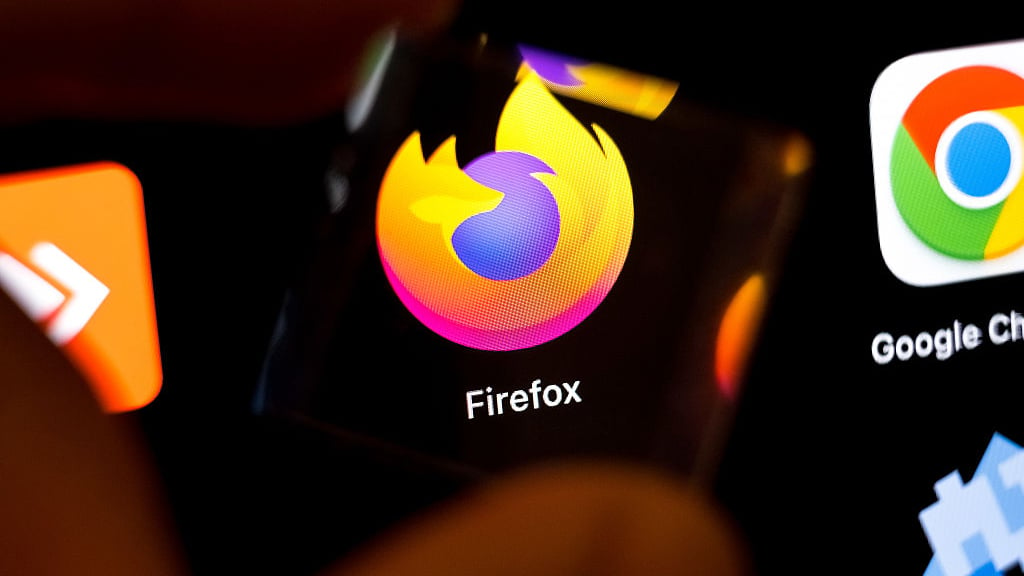Google Chrome and Microsoft Edge rival Firefox is rolling out a free, browser-based VPN over the next few months—but not everyone will be able to get access. At present, the browser’s parent company, Mozilla, is only enabling the feature for a limited number of randomly selected users.
The Firefox VPN will allow you to conceal your real IP address when browsing the web, adding extra privacy to your online activity. However, the tool also comes with a few notable limitations compared to paid VPNs like NordVPN, ProtonVPN, or Mozilla’s own paid VPN service. According to Mozilla’s FAQ, it automatically connects to the highest-performance servers near you, meaning you probably won’t be able to use it to connect to servers in other countries or states. This means it won’t let you bypass things like state-wide bans on sites such as Pornhub, access Netflix streaming libraries from other regions, or get around your country’s online censorship laws.
Meanwhile, Firefox VPN also only protects traffic within Firefox itself, meaning it doesn’t cover other apps or services running in the background. On the plus side, Mozilla says there are no speed or usage limits when using Firefox VPN. In contrast, Microsoft Edge’s free browser-based VPN is capped at 5GB a month. According to Mozilla, it also uses the same servers as Mozilla’s $4.99-per-month paid VPN service.
If you’re interested in trying the feature, you’ll need to register for a Mozilla account first and be signed in. Then, head to the top-right corner of your Firefox toolbar, look for the VPN setup prompt, and click Next to begin. This prompt may appear twice—if you choose “No thanks” on the second one, the VPN icon will be removed from the toolbar.
(Credit: Mozilla)
Once you finish the setup, the Firefox VPN panel will open automatically, allowing you to connect. If you don’t see the VPN panel after signing in, click the VPN icon in your toolbar to open it. Once activated, you can use the toggle to turn the VPN on and off.
Recommended by Our Editors
Unfortunately, the free VPN isn’t yet available on mobile, though employees on Mozilla’s online community have called a mobile version “definitely a natural next step.”
Get Our Best Stories!
Your Daily Dose of Our Top Tech News

Sign up for our What’s New Now newsletter to receive the latest news, best new products, and expert advice from the editors of PCMag.
Sign up for our What’s New Now newsletter to receive the latest news, best new products, and expert advice from the editors of PCMag.
By clicking Sign Me Up, you confirm you are 16+ and agree to our Terms of Use and Privacy Policy.
Thanks for signing up!
Your subscription has been confirmed. Keep an eye on your inbox!
About Our Expert

Experience
I’m a reporter covering weekend news. Before joining PCMag in 2024, I picked up bylines in BBC News, The Guardian, The Times of London, The Daily Beast, Vice, Slate, Fast Company, The Evening Standard, The i, TechRadar, and Decrypt Media.
I’ve been a PC gamer since you had to install games from multiple CD-ROMs by hand. As a reporter, I’m passionate about the intersection of tech and human lives. I’ve covered everything from crypto scandals to the art world, as well as conspiracy theories, UK politics, and Russia and foreign affairs.



